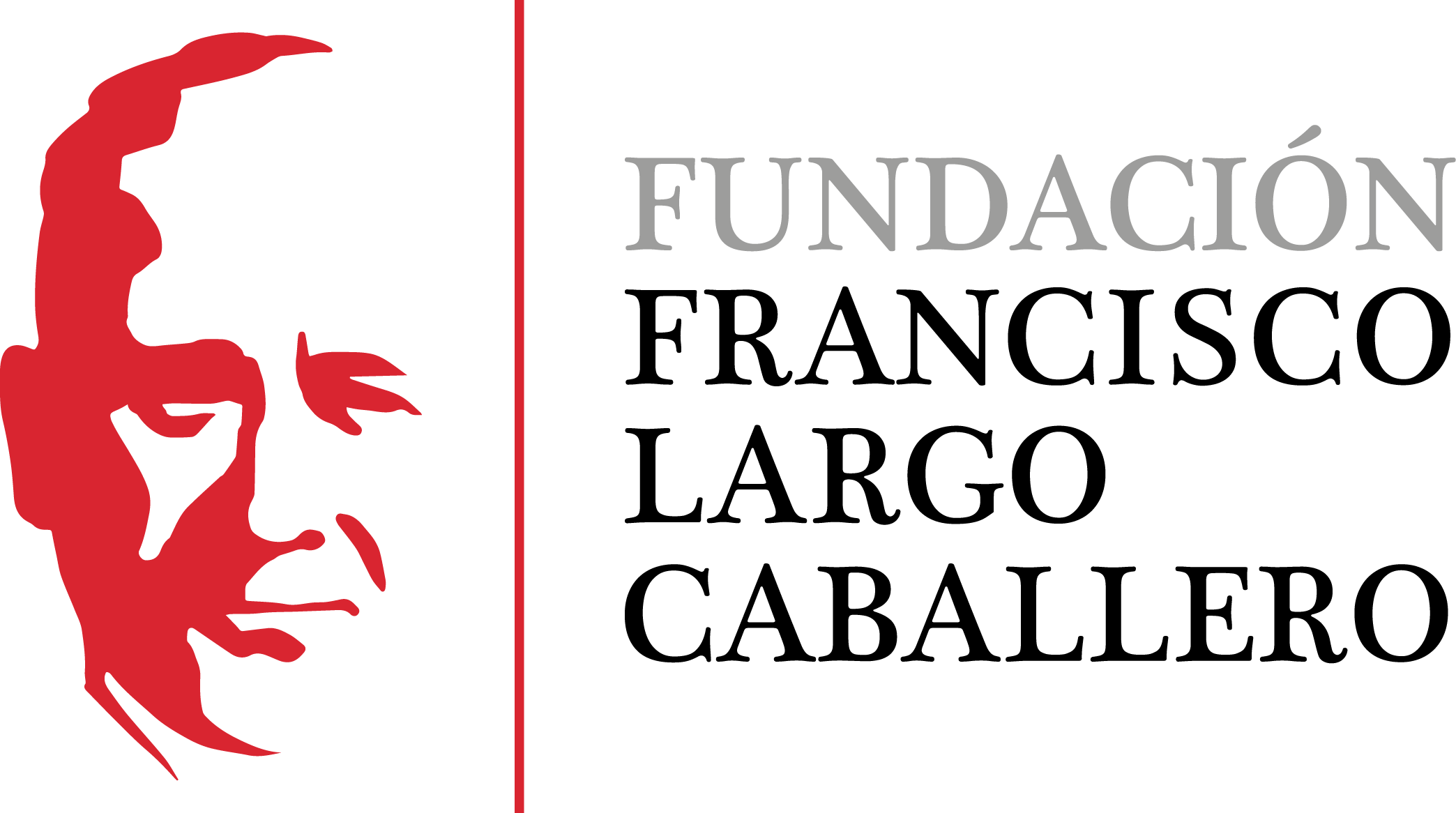Jean Monnet, founding father of what Europe?
DOI:
https://doi.org/10.69791/rahc.246Keywords:
Jean Monnet, European integration, European Defence Community, Europe, United StatesAbstract
Usually many people think on the origins of the European integration as moment of sincere Europeanism when the wish to overcome the nation-state framework to build up a Federal Europe for its own sake was stronger than the national interest. According with this argument the disaster of the Second World War had been the main driving force behind this wish due to the need provoked and the remorse created. The research of the primary sources in the archives of the governments concerned, instead, signals that this spirit never existed between the Western Europe governments. The Schuman Declaration on May 9th, 1950, was a specific solution for a specific problem of the French coal and steel industry. The text invoked the building-up of a federal Europe as way to reassure the United States, the real supporters of a supranational Europe, and the F.R.G., an ancient enemy to recover but to control too but under the positive light of federalism. The European Defence Community project (1950-1954) was useful to clarify the real aims of the original initiative and to discard for the future the use of the words «federal» or «confederal» in any official document of the EEC first and the EU today.
Downloads
Global Statistics ℹ️
|
66
Views
|
24
Downloads
|
|
90
Total
|
|
Downloads
Published
How to Cite
Issue
Section
License
Copyright (c) 2009 Víctor Gavín i Munté

This work is licensed under a Creative Commons Attribution 4.0 International License.
Alcores is an open-access journal. It provides unrestricted access to its content from the moment of publication. We respect intellectual property rights, and for this reason, the author retains the copyright. All content is distributed under a Creative Commons Attribution 4.0 International (CC BY 4.0) license. The terms of the license can be consulted at: https://creativecommons.org/licenses/by/4.0/
This license allows sharing (copying and redistributing the material in any medium or format) and adapting (remixing, transforming, and building upon the material for any purpose), provided that authorship and first publication in this journal are properly credited, a link to the license is included, and any changes made are indicated.
This type of license facilitates the freedom of reuse and ensures that the content of this journal can be used to meet research needs.









